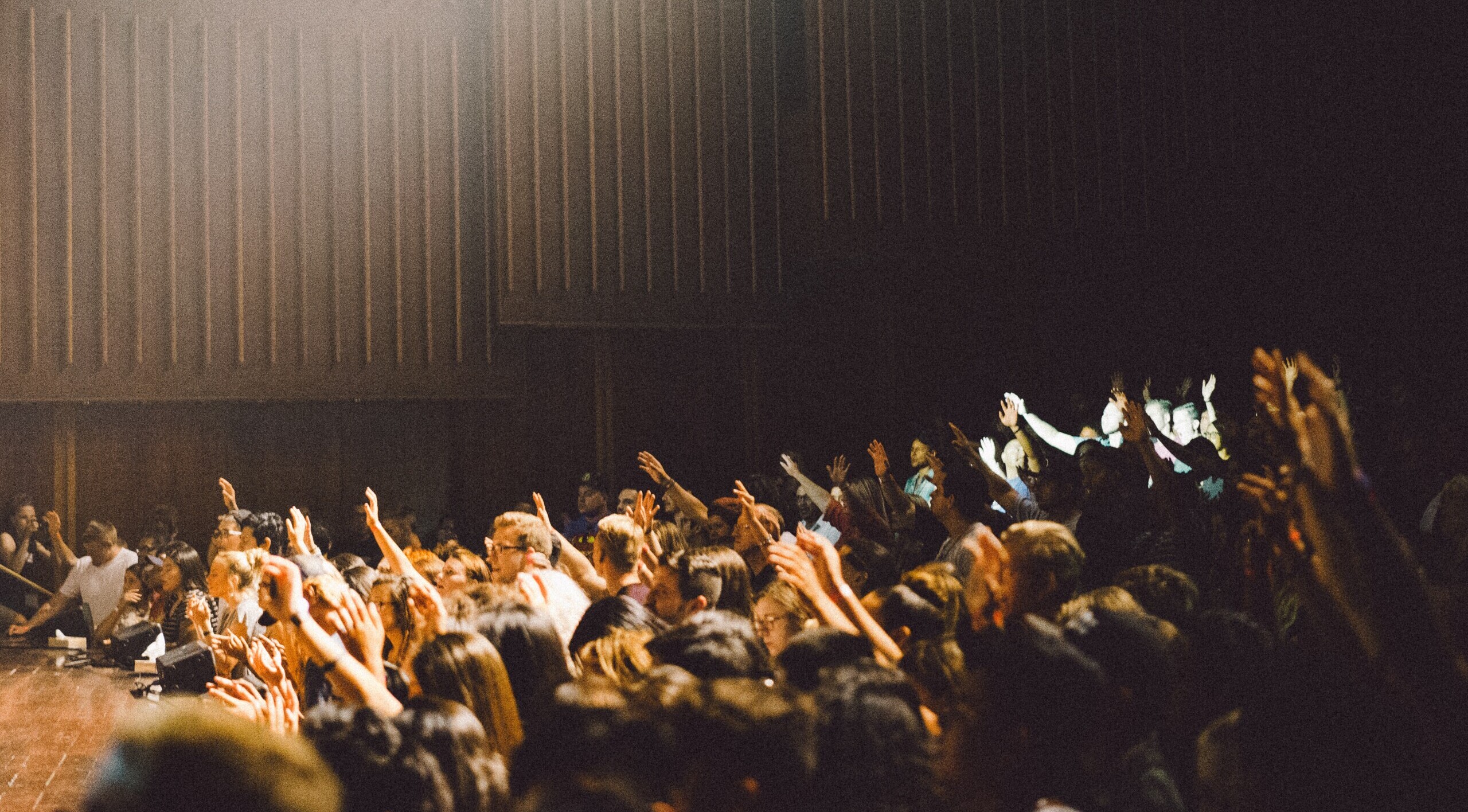
Here are answers to some common questions that home buyers often have:
1. How much can I afford to spend on a home?
– Your affordability depends on factors like your income, expenses, credit score, and down payment. A common guideline is that your mortgage payment should not exceed 28-31% of your gross monthly income.
2. What is the importance of getting pre-approved for a mortgage?
– Pre-approval shows sellers that you are a serious buyer and helps you understand your budget. It can also expedite the closing process once you find a home.
3. What are closing costs?
– Closing costs are fees associated with the purchase of a home that are paid at the closing of a real estate transaction. They include fees for the loan, appraisal, title insurance, and other miscellaneous expenses.
4. How much should I budget for maintenance and repairs?
– A common rule of thumb is to budget 1-2% of the home’s purchase price annually for maintenance and repairs. This can vary based on the age and condition of the home.
5. What’s the importance of a home inspection?
– A home inspection helps identify any issues with the property before you finalize the purchase. It can uncover potential problems that may not be visible during a regular walkthrough.
6. What’s the difference between a fixed-rate and an adjustable-rate mortgage?
– A fixed-rate mortgage has a constant interest rate and monthly payments that never change. An adjustable-rate mortgage (ARM) has an interest rate that may change periodically based on changes in a corresponding financial index.
7. How much should I budget for a down payment?
– The typical down payment is 20% of the home’s purchase price, but there are options with lower percentages. Some government-backed loans allow for down payments as low as 3.5%.
8. What is earnest money, and how much should I offer?
– Earnest money is a deposit made to a seller to demonstrate the buyer’s good faith in a transaction. The amount can vary but is typically 1-3% of the home’s purchase price.
9. What factors should I consider when choosing a neighborhood?
– Consider factors like safety, school quality, proximity to work, amenities, and future development plans. Visit the neighborhood at different times to get a feel for the environment.
10. How long does the home buying process take?
– The home buying process can take anywhere from a few weeks to several months. It depends on factors such as market conditions, loan approval, and the complexity of the transaction.
Remember, these are general guidelines, and individual circumstances can vary. It’s crucial to consult with a real estate professional and a financial advisor to address your specific needs and situation. If you are planning on buying your dream home and need a real estate professional, let’s chat!

